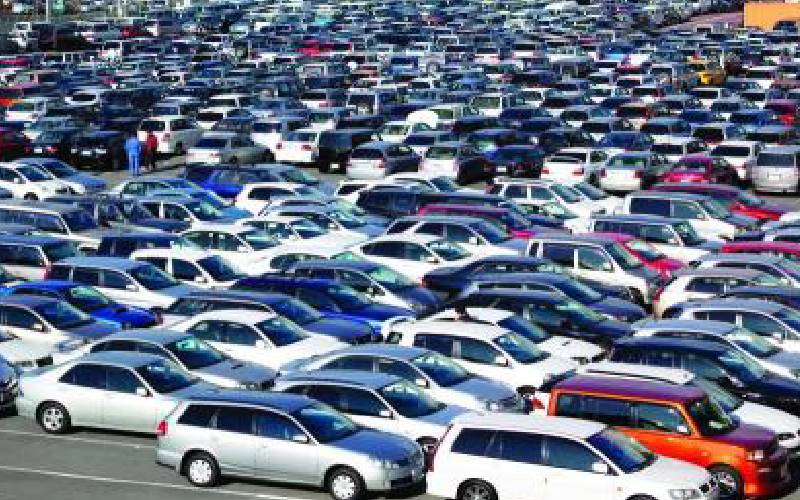×
The Standard e-Paper
Kenya’s Boldest Voice

Second-hand motor vehicle dealers are opposed to the Government’s plan to revamp the local auto assembly industry, claiming that such proposals have been engineered by foreign motoring firms.